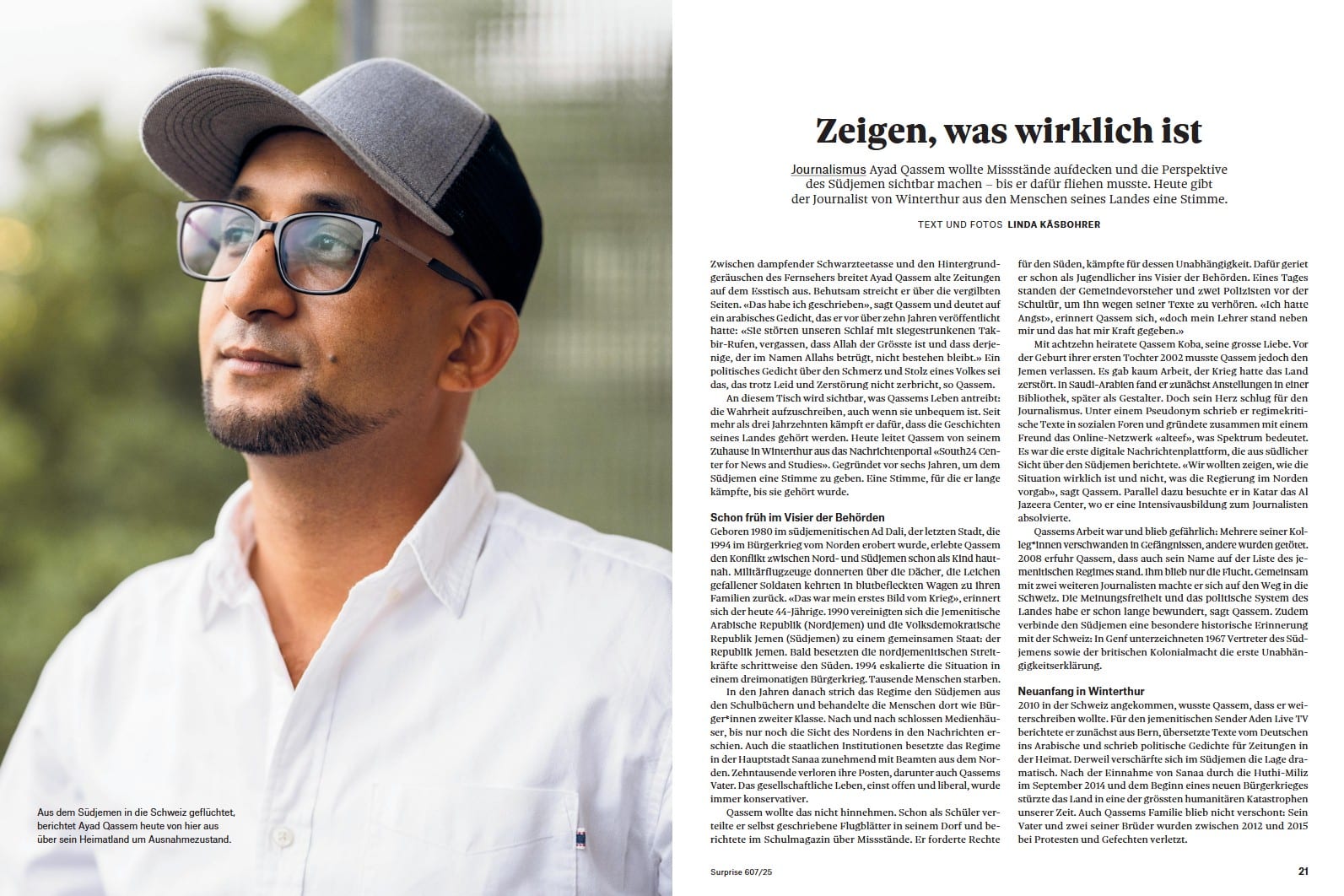آخر تحديث في: 27-08-2021 الساعة 8 صباحاً بتوقيت عدن
Marib (South24)
Yesterday, Wednesday, the military court of the Hadi government issued sentences in absentia that sentenced the leader of the Houthi group, Abdulmalik Badr al-Din Al Houthi, and 173 other leaders and members of the group that controls most of North Yemen, and its loyalists, to death.
These sentences came on charges of "a military coup against the republican regime, communicating with a foreign country (Iran), and committing military and war crimes." The court also ruled that the Houthis be classified as a "terrorist organization". It also accused Iran's ambassador to the Houthis, Hassan Erlo, of "espionage and complicity with the Houthis in war crimes."
Legal experts pointed out that these provisions complicate the situation further and put more obstacles in the way of political reconciliation and resolving the crisis, especially with the election of the Swedish diplomat, Hans Grunberg, as the fourth UN envoy to Yemen, who officially begins his duties on September 5.
"The ruling issued by the Marib court to dissolve the Houthi group and execute its leader nullifies the Sweden agreement" between the government of Hadi and the group, and works to "complicate the task of the new UN envoy," tweeted lawyer Yahya Ghaleb Al-Shuaibi on the ruling.
Al-Shuaibi pointed out that "any negotiation by the [Hadi government] with the Houthis is considered a waiver of the ruling and an innocence of the Houthis."
An agreement between the government of Hadi and the Houthi group under the auspices of Sweden in 2018 regarding Hodeidah included a commitment to refrain from any action or escalation that would undermine the chances of its implementation, and to continue consultations.
South24 Center for News and Studies
Photo: Local media

قبل 3 أشهر

قبل 3 أشهر